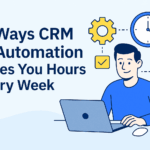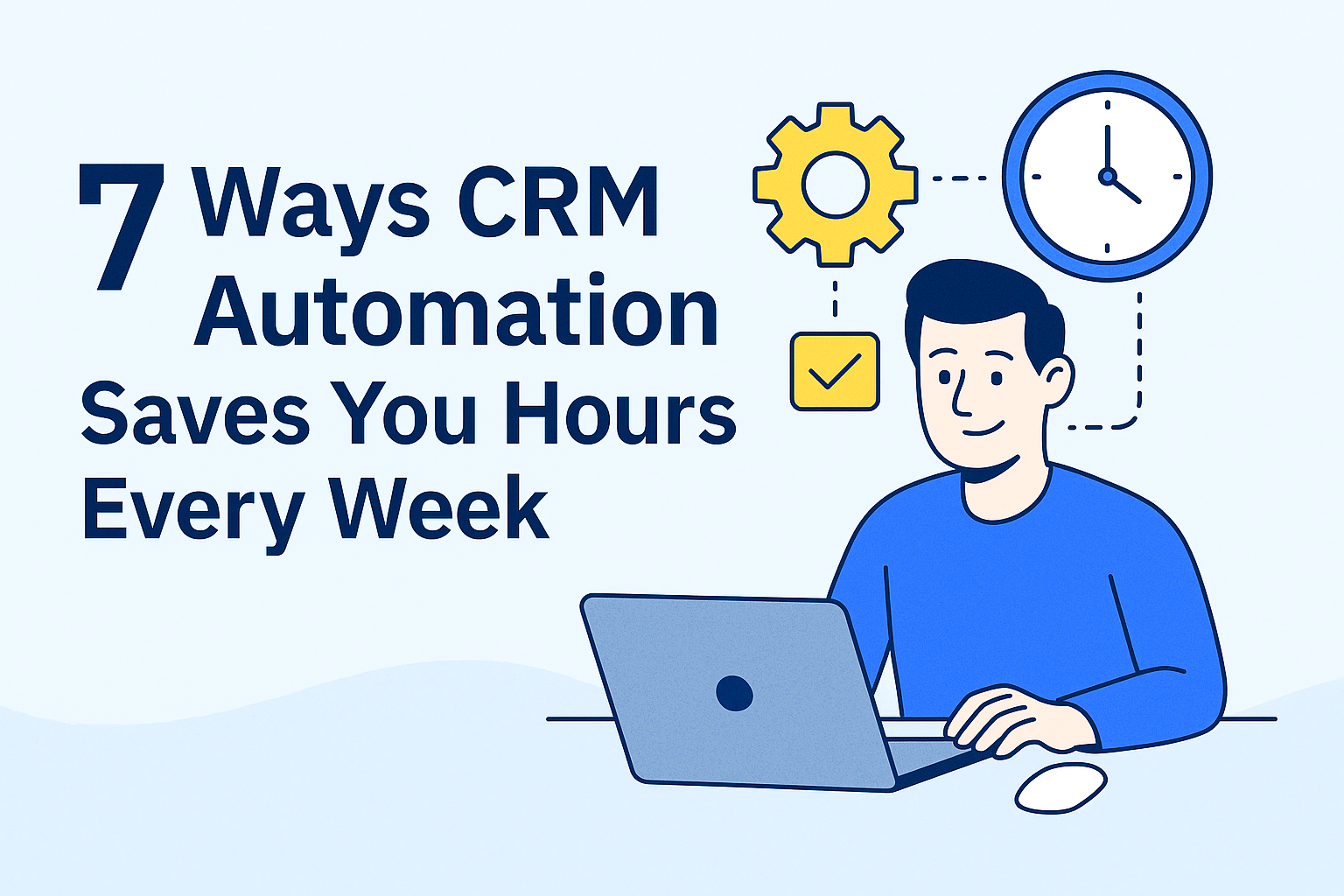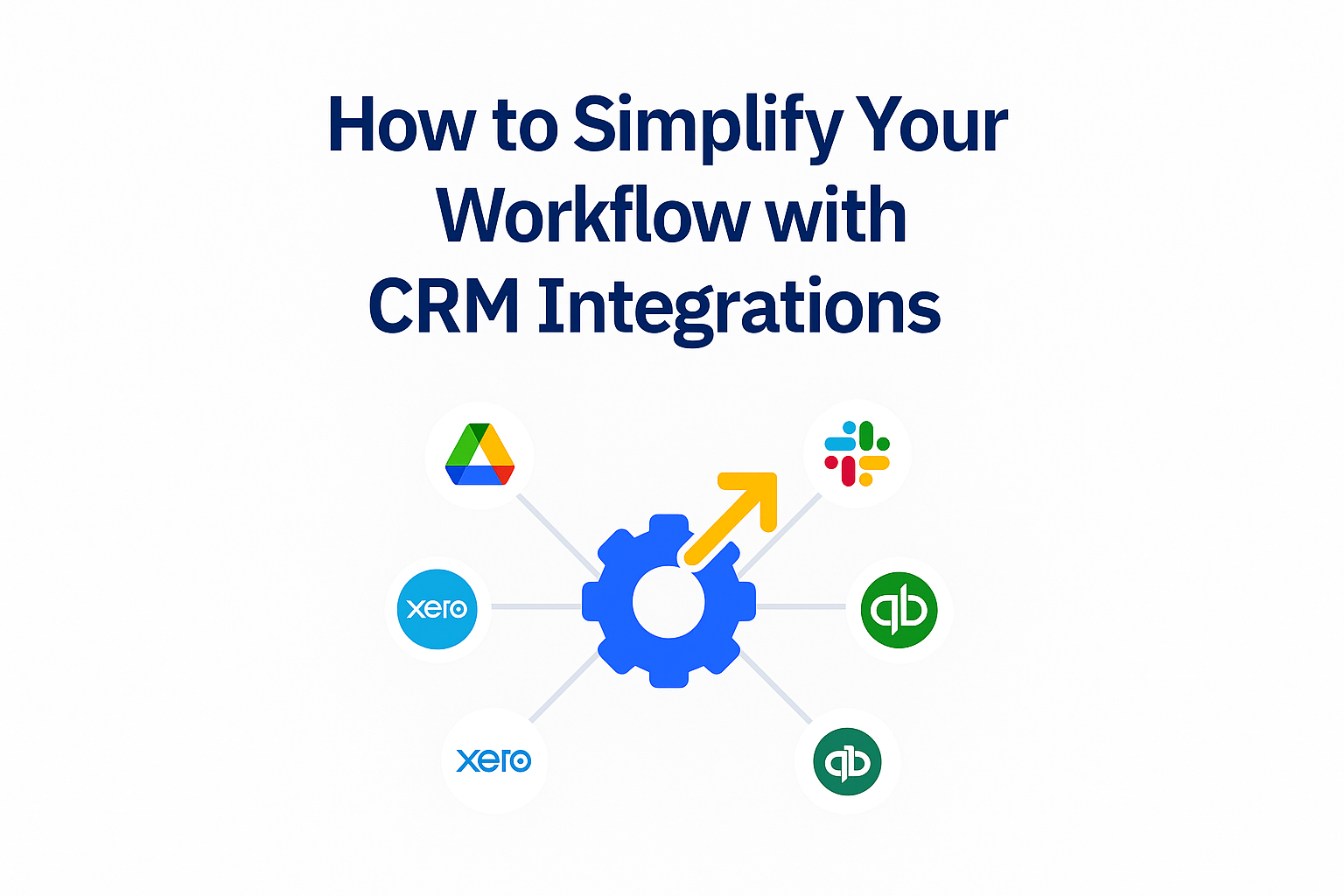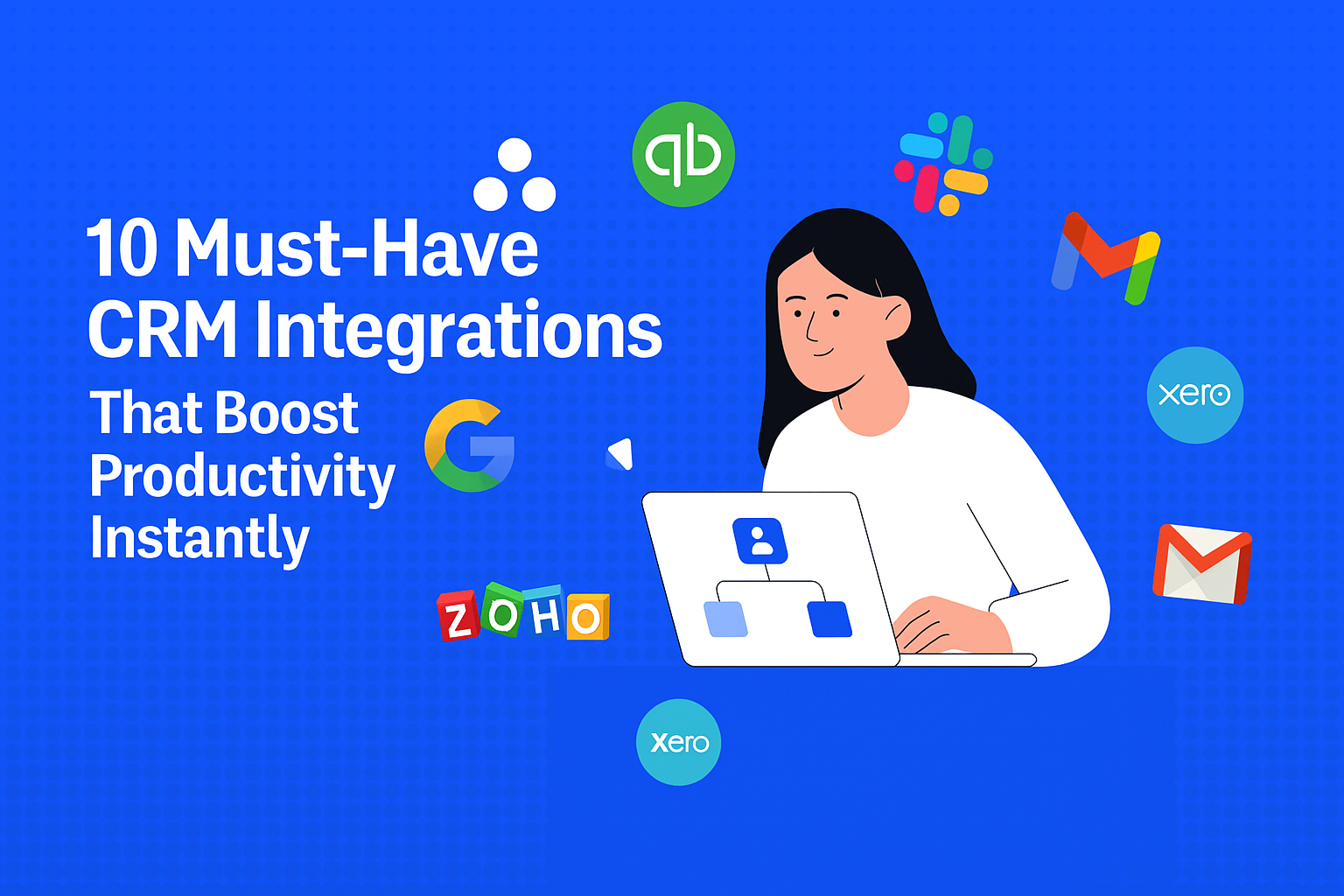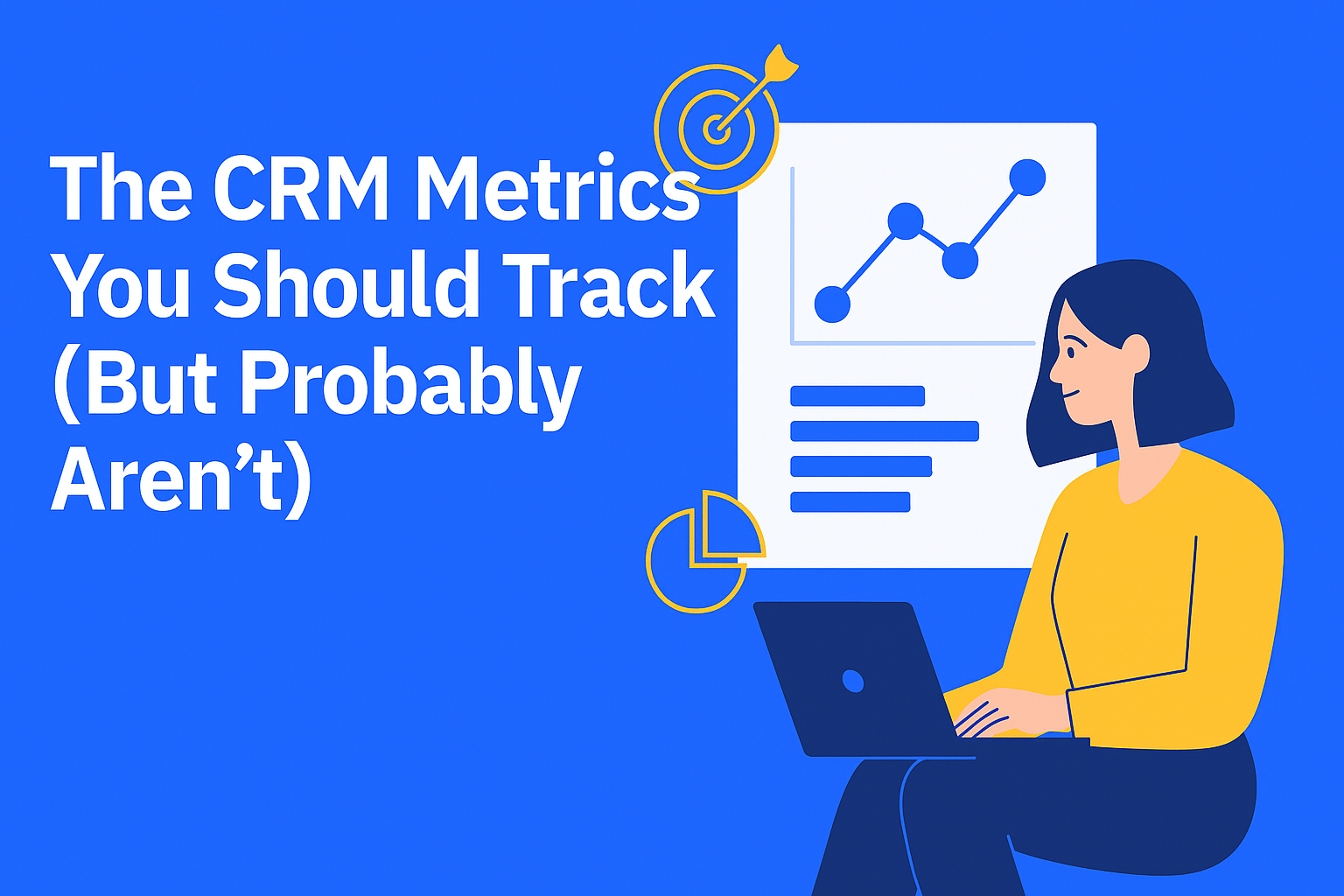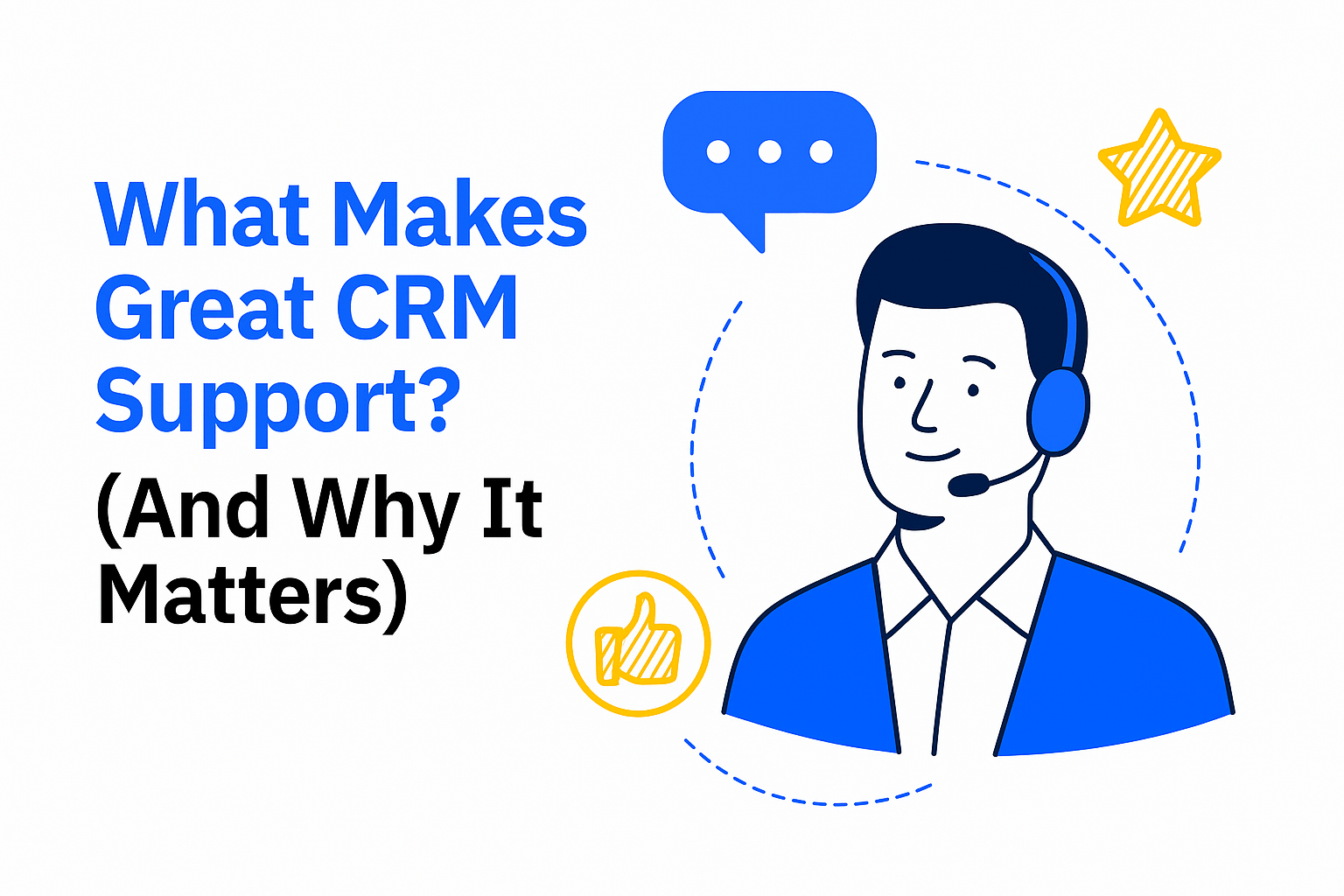
When implementing a CRM system, one of the first and most impactful decisions a business must make is how it will be deployed. Should you opt for the convenience of a SaaS (Software-as-a-Service) CRM, or the control of a self-hosted installation? This guide breaks down the pros and cons of each approach to help you make an informed decision.
What is SaaS CRM?
SaaS CRM refers to cloud-based software hosted by the vendor. Users access it online, typically through a web browser. With SaaS, everything from updates to security is managed for you.
Benefits of SaaS CRM:
- Rapid deployment with minimal setup
- Access from anywhere with an internet connection
- No need for in-house server infrastructure
- Automatic updates and support
Potential limitations:
- Monthly or annual subscription fees
- Limited control over server location and customization
- May not meet specific industry compliance requirements
What is Self-Hosted CRM?
Self-hosted CRM is installed on your own server or private cloud. This means your organization is responsible for hosting, maintaining, and securing the system.
Benefits of Self-Hosted CRM:
- Full control over data, hosting environment, and access policies
- Ideal for industries with strict regulatory compliance
- Greater potential for deep customization and integration
Potential limitations:
- Requires technical expertise or IT support
- Manual updates and backups
- Longer setup time and higher upfront costs
Choosing the Right Model for Your Business
The decision depends largely on your business size, technical capabilities, compliance needs, and long-term scalability goals.
Consider SaaS CRM if:
- You want to launch quickly with minimal setup
- Your team is remote or distributed
- You prefer predictable monthly costs
Consider Self-Hosted CRM if:
- You need full control over data and infrastructure
- Your organization has internal IT resources
- You require highly customized workflows or integrations
Why a Flexible Platform Matters
Some CRM platforms are locked into one model or the other. Choosing a platform that supports both SaaS and self-hosted options provides long-term adaptability. Businesses can start with SaaS and migrate to self-hosted when the need for control increases—or vice versa.
Final Thoughts
There is no universal best choice. The key is to align the deployment model with your operational and technical reality. By selecting a CRM that offers both deployment methods and the same core features across them, you give your team the ability to grow without switching platforms.
If you are exploring CRM solutions, consider platforms that give you both flexibility and ownership—without sacrificing usability or performance.


